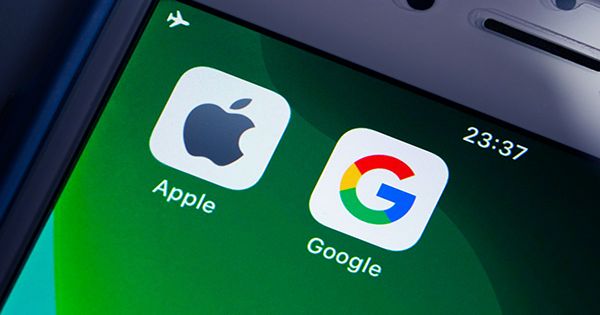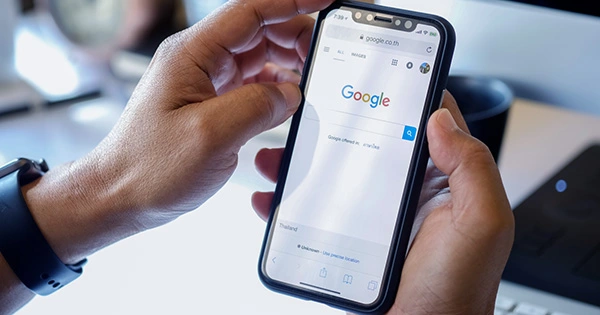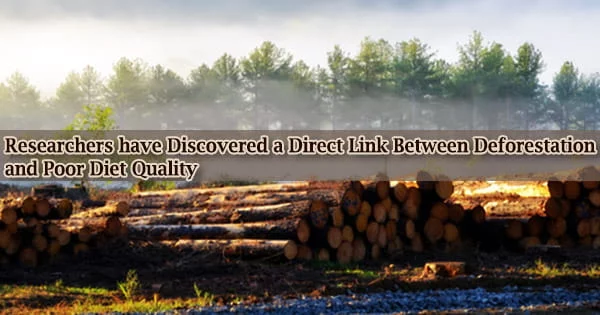I was reading comments on a COVID-19 article recently when I came across a response that I would categorize as disinformation verging on conspiracy. I couldn’t help but ask for proof from the commenter. They responded with several online sites and the advice to “conduct your own research.” I then inquired about their research approach, which turned out to be a Google search for certain phrases.
I was fascinated as a scholar. The academic study tries to prove a phenomenon’s veracity by evidence, analysis, and peer evaluation. A Google search, on the other hand, returns links to content authored by known or unknown authors, who may or may not be experts in that field, depending on a ranking algorithm that either follows the user’s tastes or the aggregate popularity of particular sites.

To put it another way, Google’s algorithms have the ability to punish the truth for not being popular. In a fraction of a second, Google Search’s ranking algorithm sorts through hundreds of billions of web pages and indexes them to identify the most relevant and (hopefully) valuable information. Mistakes are made somewhere along the route. And it will be a long time – if ever – before these algorithms are completely infallible. What can you do till then to ensure you don’t receive the short end of the stick?
MILLIONS OF ANSWERS TO ONE QUESTION, Users are more likely to pay attention to higher-ranked items on the first page, according to research. And there are established methods for ensuring that a website appears on the first page. One of these is “search engine optimization,” which may help a website get to the top of search results even if its content isn’t very good. Another issue is that Google Search results change depending on who you are, even if you have the same search query.
The search results are personalized to the person who is making the search. Eli Pariser warns about the consequences of this in his book The Filter Bubble, especially when the subject is contentious. Personalized search results produce different versions of the information flow. Users get more of what they’ve already shown interest in (which is likely also what they already believe). This creates a hazardous loop in which people’s opinions get even more polarized, and in which more seeking does not always imply getting closer to the truth.
PROJECT IN PROGRESS, While Google Search is a fantastic search engine, it is continuously evolving. Google is working on a number of issues that are affecting its performance. One of the most significant obstacles is cultural prejudices about race and gender. For example, searching Google Images for “truck driver” or “president” yields largely male results, whereas “model” and “teacher” get mostly female results. While the outcomes may reflect what has historically been true (for example, in the case of male presidents), they aren’t always emblematic of the society we want to live in.
Google’s image recognition algorithms were apparently forced to stop detecting “gorillas” when they began categorizing photographs of black individuals with the label a few years ago. Another concern raised by health professionals is people self-diagnosing based on their symptoms. It’s believed that over 40% of Australians use the internet to self-diagnose, with about 70,000 health-related queries being made every minute on Google. Those who mistakenly interpret information obtained from “Dr Google” may face major consequences, not to mention the implications in the event of a pandemic.
Unregistered drugs, bogus treatments, mask efficacy, contact tracing, lockdowns, and, of course, vaccinations have all been the subject of COVID disinformation on Google. According to one research, disinformation was responsible for 6,000 hospitalizations and 800 fatalities in the first few months of the epidemic (specifically the false claim that drinking methanol can cure COVID).
Google later prioritized authoritative sources in its search results to address this. However, Google can only do so much. We all have a responsibility to ensure that we are critically thinking about the information we encounter. What can you do to ensure that you’re asking Google the right inquiry to get the information you need?















